Caribbean connections
Steven and Kevin are using genetic techniques to understand how Caribbean reef shark populations are connected across the extent of their range. Populations of this Endangered shark are in decline generally, but where they are managed and there is effective protection, their numbers are stable. With the integration of the correct information, Steven and Kevin are convinced that we can give Caribbean reef sharks a better shot at recovery and population stabilisation. They will also explore any barriers to connectivity, looking to the future recruitment and recovery of these sharks.
Dr Steven Kessel gained his PhD in marine ecology and biology from Cardiff University, UK, conducting his field work at the Bimini Biological Field Station in The Bahamas. Following the completion of his degree in 2009, he spent two years at Cardiff University as a postdoctoral fellow, acting as the principal investigator for the Jupiter Large Coastal Shark Species Study, which investigated the biology and ecology of large coastal shark species resident off the eastern seaboard of the USA. Since then, Steven has worked for the University of Windsor Great Lakes Institute for Environmental Research as the principal...
Dr Kevin Feldheim received his PhD in 2002 from the University of Illinois at Chicago. He has been working at the Field Museum in Chicago as the A. Watson Armour III manager of the Pritzker Laboratory for Molecular Systematic and Evolution since 2001. His work entails using genetic markers to examine the mating system and population genetics of elasmobranchs. One of his main projects is leading the genetic studies of lemon sharks from Bimini. This project encompasses a 25-year sampling period that has provided insight into several aspects of elasmobranch mating biology.
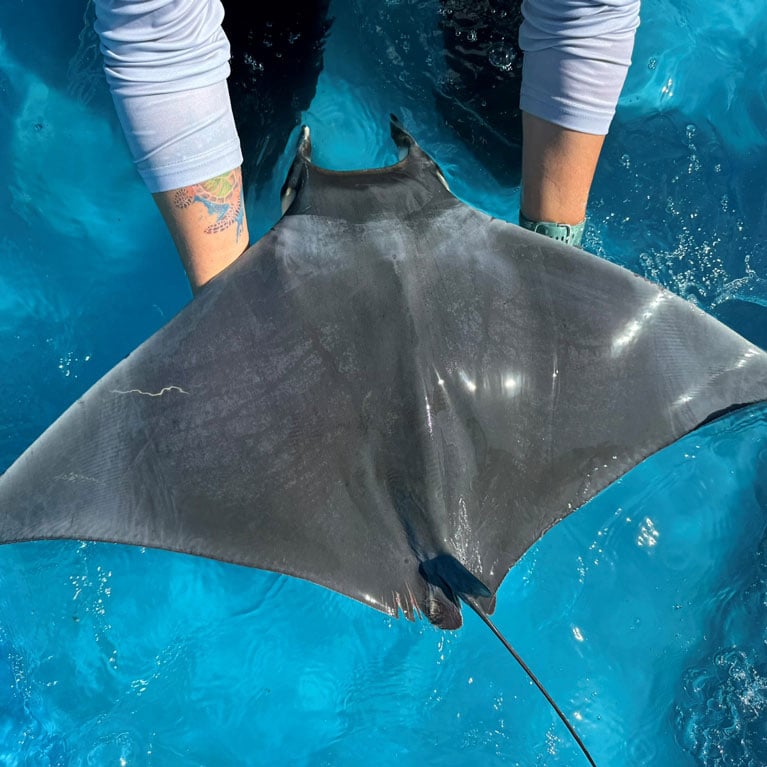
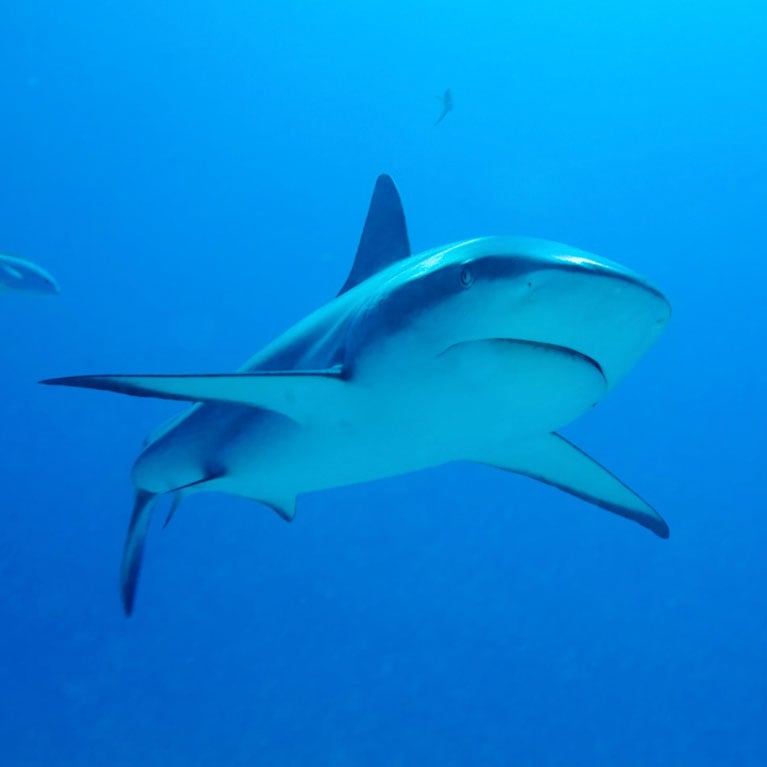
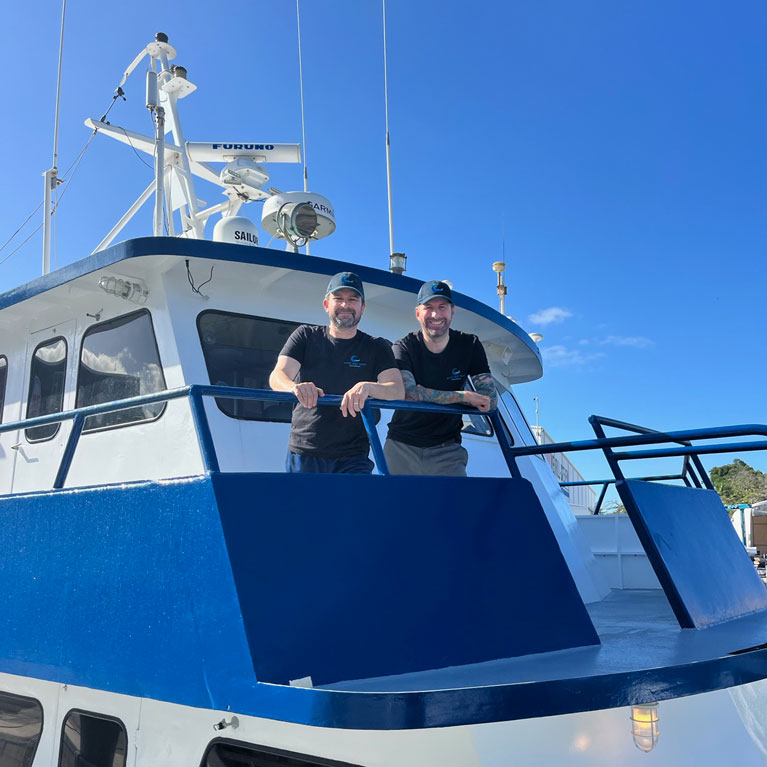
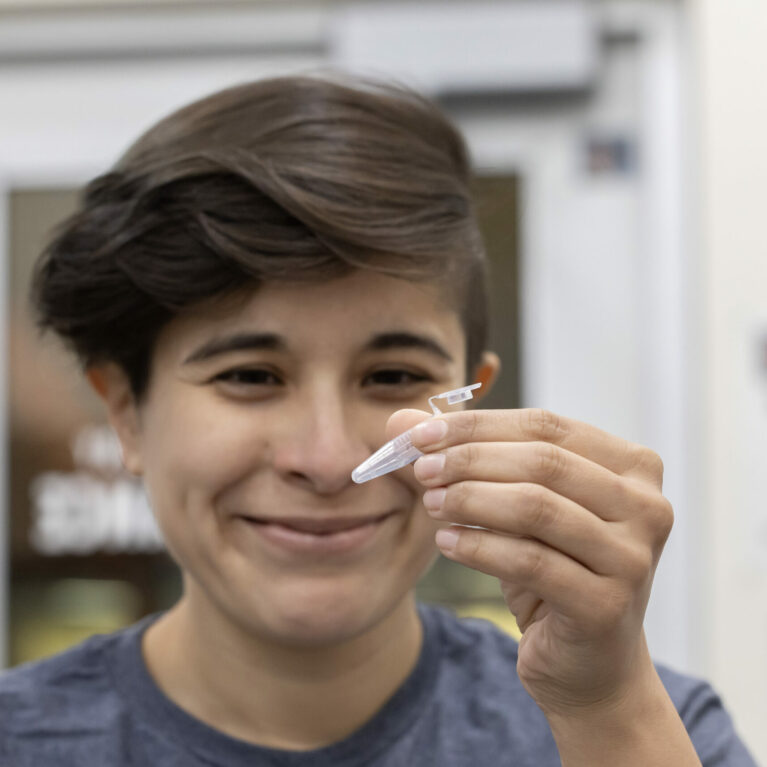
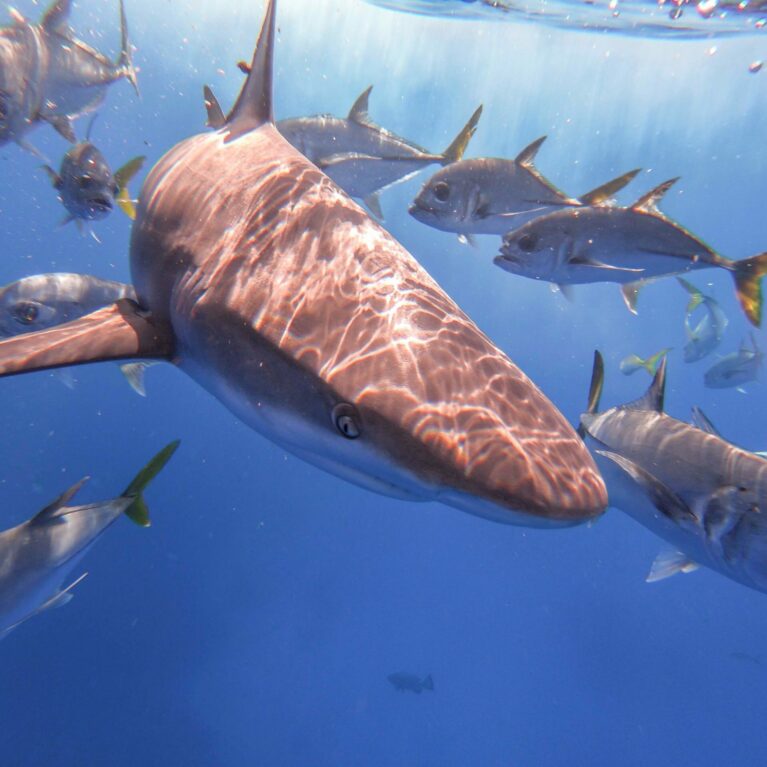
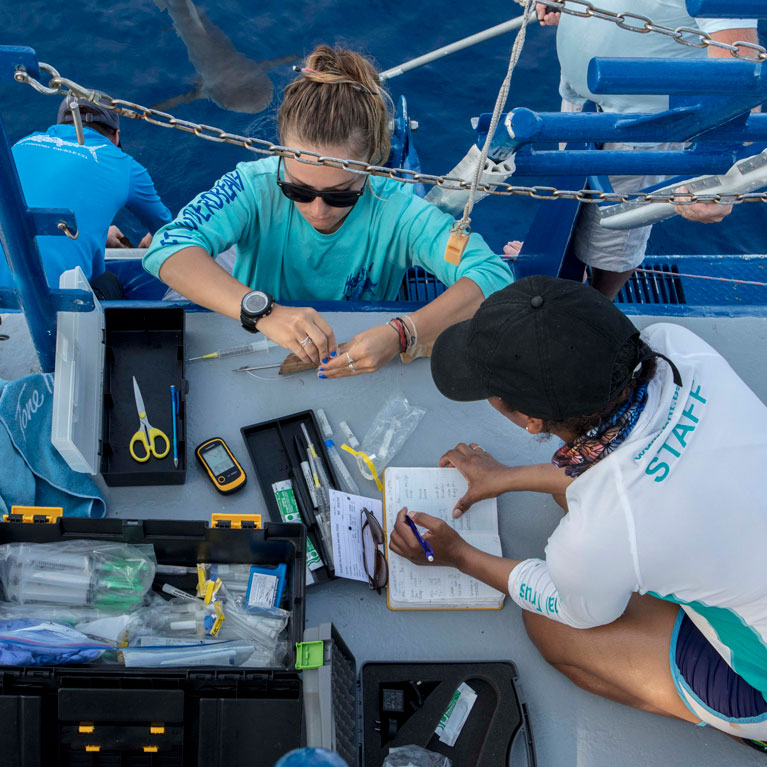
Examining population structure at multiple scales in the endangered Caribbean reef shark
To describe the population connectivity of the Endangered Caribbean reef shark at both fine and large scales throughout its range and to inform the development of effective conservation management to ensure the species’ survival and recovery.
In 2021, the Caribbean reef shark was designated Endangered on the IUCN Red List, with the overall population found to be decreasing. Targeted and caught as bycatch in areas without protection, populations have declined by up to 99% over the past three generations. Where effective protection measures exist, however, populations have remained stable since the 1980s, demonstrating the potential for stabilising decreasing populations and promoting recovery by implementing appropriate conservation measures.
The Caribbean reef shark Carcharhinus perezi is a Carcharhiniform that grows to about three metres (10 feet) in total length and functions as a key mid- to upper-level predator in coral reef ecosystems through the tropical and subtropical western Atlantic. Abundant on healthy reefs, it is considered to have a strong controlling influence on ecosystem balance and health. In addition to its value in maintaining ecosystem health, it has a high ecotourism value as one of the most common species associated with shark dive tourism in the Caribbean region, particularly in The Bahamas. Unfortunately, it is also valued for its meat, fins, skin (leather), liver (oil) and carcass (fishmeal) and in many areas has been commercially exploited and taken as bycatch in gill-net and longline fisheries. In areas without protection, Caribbean reef shark populations have declined by up to 99% over the past three generations (about 29 years). This led to the species being classified as Endangered on the IUCN Red List in 2021, highlighting the need for increased conservation management intervention to ensure its persistence and recovery. A growing body of literature provides important life history, spatial ecology and regional abundance data, but a critical missing piece of the puzzle is an extensive analysis of population genetics throughout the species’ known range. Many researchers in the field of shark science have been sampling Caribbean reef sharks and stockpiling tissue samples for future analysis. This project provides the opportunity for these samples to contribute to the shark’s long-term conservation. With the samples already committed, this would constitute the most geographically expansive (and collaborative) genetic investigation of the species – an investigation that would lead to a comprehensive understanding of population genetics throughout the Caribbean reef shark’s range in terms of variability, recruitment potential for depressed areas and effective population size.
The overall aim of the project – to describe the population connectivity of the Caribbean reef shark throughout its range as it relates to its conservation – will be achieved through the following objectives:
- To secure genetic samples across the species’ range across potential barriers to connectivity. This will be achieved by leveraging the extensive research networks of both project leaders to secure samples that will provide an accurate representation of population variability.
- To conduct next generation sequencing of samples to reveal genetic variability and connectivity across the species’ range. We will employ the 3RAD technique to develop thousands of SNPs to examine population genetics of this species.
- To investigate potential barriers to connectivity, and therefore potential future recruitment for recovery, by modelling genetic results against physical parameters such as currents, bathymetry and habitat connectivity.
Conservation achievements
Conservation achievements for this study are anticipated to come to fruition following the published outputs. The information and data provided in the resultant publications will have considerable relevance to multiple approaches for management and conservation. In particular, these publications will be very relevant to future species or regional recovery plans intended to benefit Caribbean reef sharks. Additionally, they will be highly relevant to any future IUCN Red List assessment for this species (information previously missing from the past 2019 assessment), and any regional elasmobranch habitat assessments, for example, Important Shark and Ray Areas (ISRAs).
Results
We received 656 fin samples representing 20 different sites from 10 distinct countries/territories within the species’ range (Fig. 1). Sample quality varied greatly; DNA concentrations ranged from 0.39 ng/μl to 770 ng/μl. As such, a handful of samples were not usable. After discarding samples that did not yield enough DNA (i.e. less than 5 ng/μl), the final sample size was 640 individuals. 3RAD library prep was sent to the Northwestern University core facility for sequencing on an Illumina Novaseq, which yielded a total of 4.5 billion reads! Data are currently being processed using the Stacks 2 de novo pipeline (Catchen et al. 2013). We anticipate having thousands of SNPs identified via this process to use for the population genetic analyses outlined above.
Our expectation, given the life-history of this species, is that each sampled site will be genetically isolated and the genetic distance between sites will increase with physical distance. These and other hypotheses will be tested with the current dataset. Results will be compared with movement and tracking datasets to examine whether or not physical movement translates to gene flow. Data will be shared with participating research groups who can, in turn, use these data to aid in local conservation practices, potentially including catch restrictions, provisioning of MPAs, or other policies.


